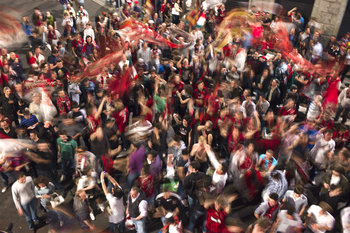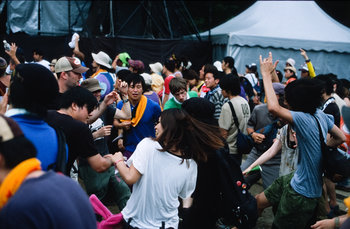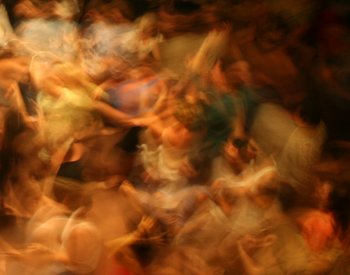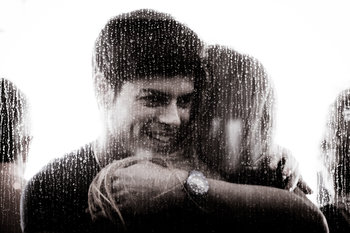Absorbed | Agreeable |
Animated | Antagonistic |
Anxious | Apprehensive |
Argumentative | Arrogant |
Artistic | Assertive |
Calculating | Calm |
Careful | Careless |
Caring | Cautious |
Centered | Chaotic / Disordered |
Coherent | Cold |
Collected | Communicative |
Composed | Confident |
Confrontational | Confused |
Contemptuous | Creative |
Critical | Curious |
Dark | Deceitful |
Dejected | Delusional |
Depressed | Diligent |
Disengaged | Dismissive |
Disoriented | Distracted |
Disturbed | Empathetic |
Energetic | Engaged |
Erratic | Exhausted |
Experiencing Pain | Expressive |
External Locus of Control (feelings of dependence on fate / society) | Extravagant |
Fearful | Fearless |
Fierce | Flexible |
Focused | Friendly |
Frustrated | Grateful |
Grounded | Happy |
Hateful | Hopeful |
Hostile | Illogical |
Imaginative | Incoherent |
Internal Locus of Control (feelings of agency) | Intoxicated |
Introspective | Inventive |
Irritable | Jealous |
Logical | Loving |
Mystical | Nervous |
Neurotic | Nostalgic |
Open-minded | Optimistic |
Outgoing | Peaceful |
Pensive | Pessimistic |
Playful | Pragmatic |
Productive / Organized | Rational |
Realistic | Reasonable |
Reflective | Reserved |
Restless | Sad |
Selfish | Selfless |
Sense of Wonder | Sensitive |
Serious | Shy |
Solemn | Startled |
Stressed | Suspicious |
Sympathetic | Systematic |
Tense | Tired |
Transcendent | Tricky |
Unaffected | Unconscious / Sleeping |
Uneasy | Unemotional |
Unfocused | Unrealistic |
Unstable | Uptight |
Withdrawn | Worried |
 |
A-Z | Popular | Blog | Mood | Search » |


























